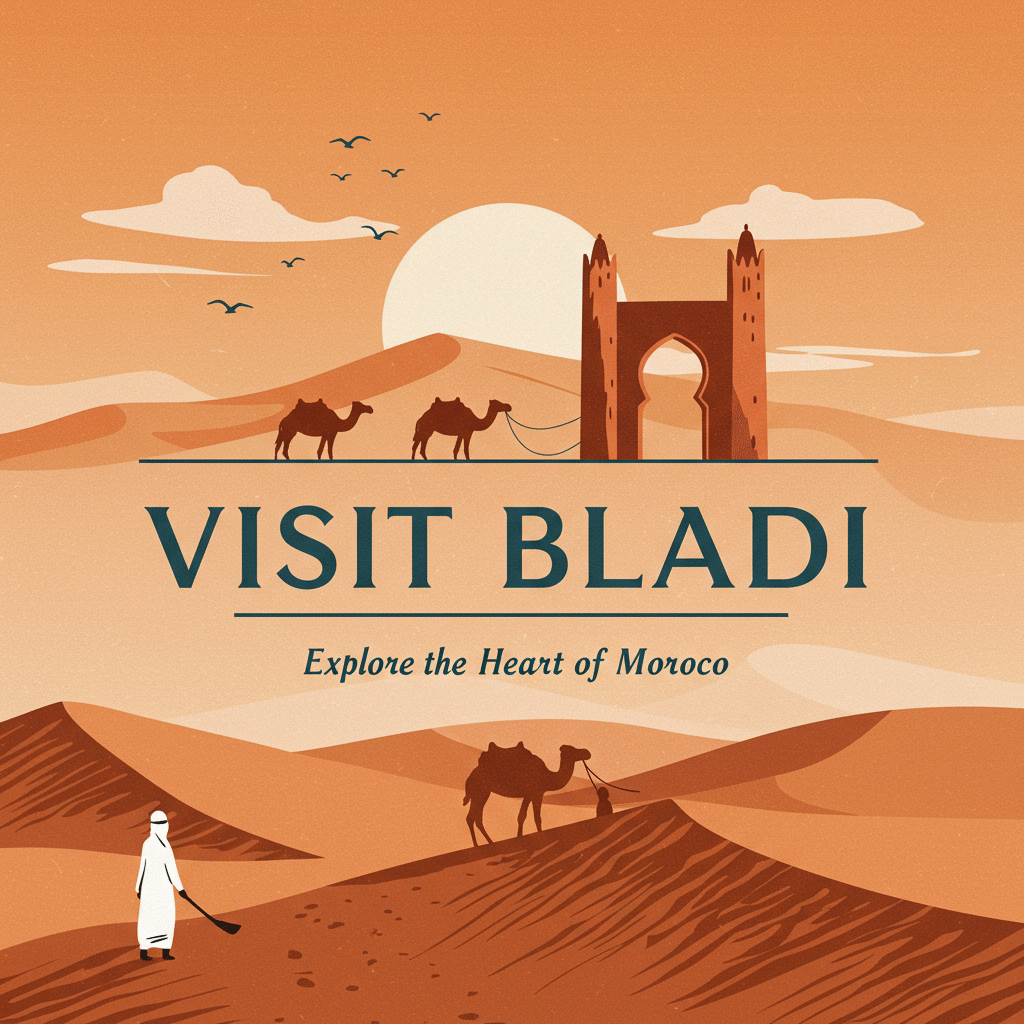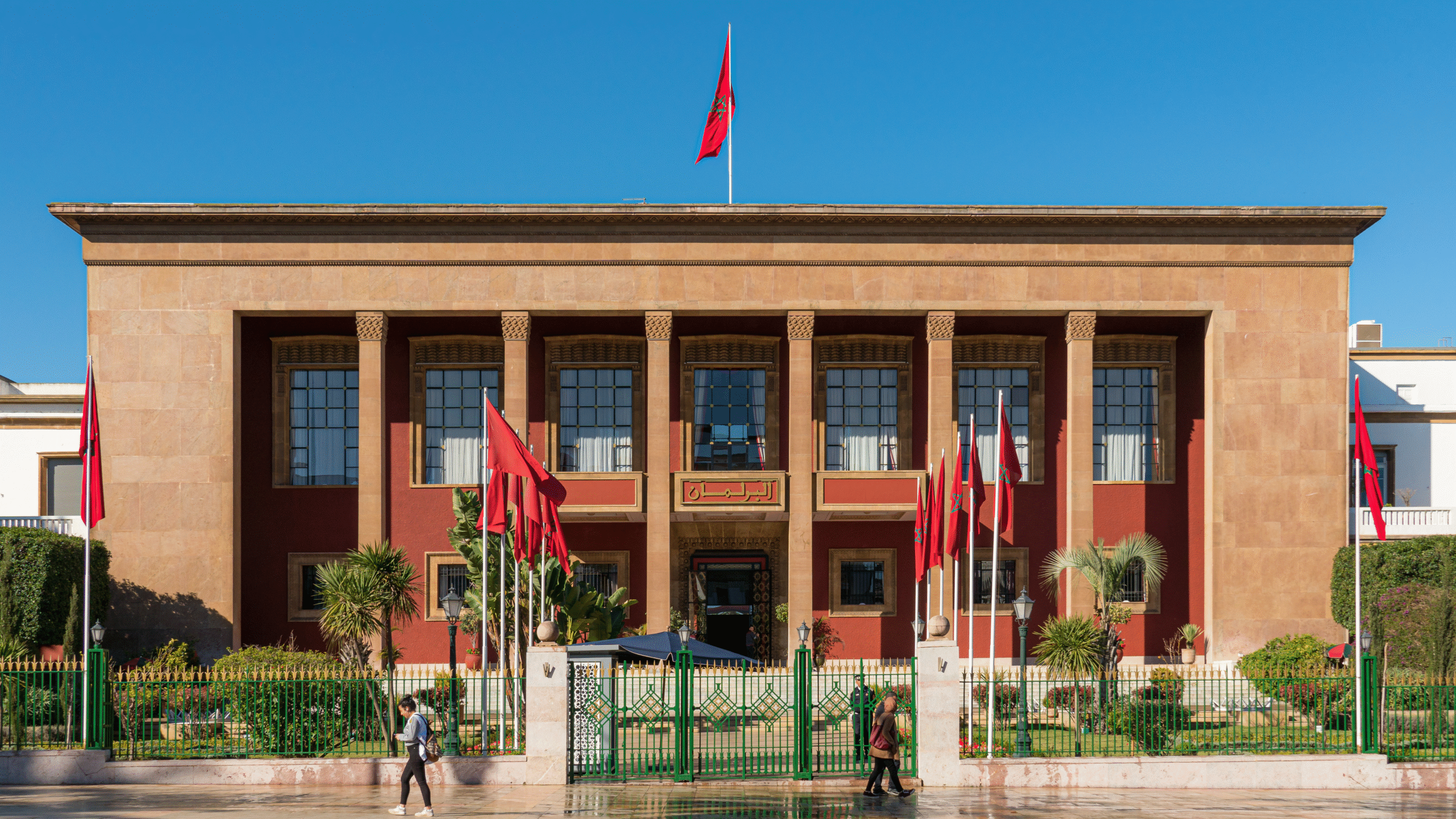Introduction
Morocco has long been seen as a relatively stable nation in North Africa, balancing tradition and modern governance. In 2025, the political landscape continues to evolve, shaped by economic ambitions, youth expectations, and regional dynamics.
🏛️ The Role of the Monarchy
Morocco is a constitutional monarchy, where King Mohammed VI holds significant influence. While the 2011 constitutional reforms granted more power to the elected government, the King continues to guide major strategic decisions — particularly in foreign policy, religious affairs, and major development projects.

🗳️ Parliamentary Democracy and Elections
The political system features a bicameral parliament with the House of Representatives and the House of Councillors. Political parties such as the National Rally of Independents (RNI), Justice and Development Party (PJD), and Istiqlal remain influential.

The 2021 elections marked a shift, with the RNI securing a strong position, replacing the PJD after a decade in power. The next elections, expected in 2026, will likely reflect the population’s reaction to ongoing reforms in education, healthcare, and employment.
💬 Youth and Civic Participation
Moroccan youth make up a large part of the population, and while voter turnout among young people remains modest, there’s a growing appetite for change, especially through digital activism. Social media plays a crucial role in shaping opinions and pressuring officials for accountability.

🌍 Foreign Policy and Regional Influence
Morocco’s foreign policy focuses on economic diplomacy, African partnerships, and strategic alliances — notably with the European Union, the United States, and Gulf countries. The Sahara issue remains central to its international strategy, especially as more countries recognize Morocco’s sovereignty over the region.

⚖️ Challenges Ahead
Despite ongoing infrastructure and economic development, challenges persist:
- High youth unemployment
- Rural inequality
- Press freedom concerns
- Institutional transparency
The government has pledged to accelerate reforms, but tangible results will be key to restoring public trust.
✅ Conclusion
Morocco’s political scene is at a crossroads. With its unique blend of monarchy, democracy, and tradition, the country continues to pursue gradual reforms. The coming years will test its ability to meet public expectations while maintaining its reputation for stability in a turbulent region.


